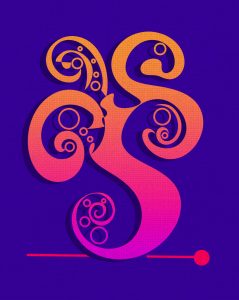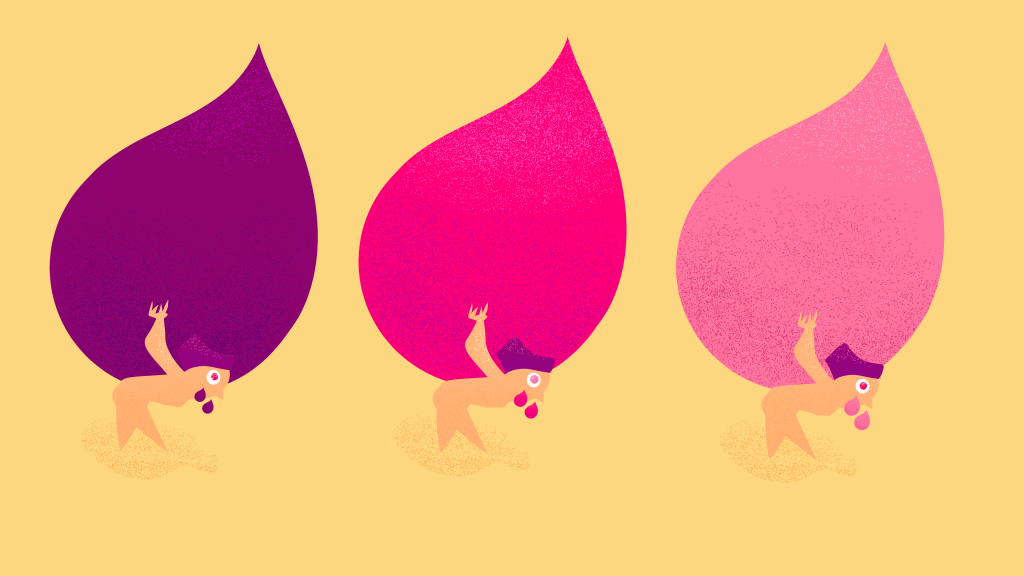
Don’t Know How to Hide It – Chhupana Bhi Nahin Aata
Song by Pankaj Udhas and Vinod Rathod
03.06.2024
You can read a translation of the lyrics here:
https://www.bollymeaning.com/2017/04/chhupaana-bhi-nahin-aata-lyrics.html
In life, in love, you can become helpless. You cannot force someone to love you. You cannot force love. You cannot change yourself so that someone can love you. You cannot drop your responsibilities and your commitments – your integrity, your duty – for love. You cannot appeal their decision when they do not choose you. There is no court of appeal for love. And no one knows this more than the loser in love.
At the same time, you cannot force yourself to stop loving someone. If only you could switch off all of your feelings. How simple things would be. How free from pain. You are stuck. Helpless.
So what remains? Within the supreme moment of helplessness. Within the moment of the complete loss of power. Within the moment of surrender to the impersonal and hard forces of fate. Is there something? Anything? Is there the will that remains? Is there resilience? What power can be left to you when you are bereft, devastated, grieving? When life holds no happiness for you? When you are crushed like an insignificant insect beneath the stone of reality? When the disappointment seems too much to bear: she is gone, she is in the arms of someone else, she will never be yours…
Somehow, you still have to live. Without the dream. A life that you do not want. Somehow, you have to find the power within yourself to love someone again. As Indian people say, the whole universe is built upon a foundation of hope.
A Hindi song where these issues are explored are in the film Baazigar (1993) – the title itself has a range of connotations with meanings such as ‘acrobat’, ‘player’, ‘gambler’, ‘one who uses deceit to attain ends’, etc. The film is an unofficial remake of the film ‘A Kiss Before Dying’ (1956).
The song is called Don’t Know How to Hide It – Chhupana Bhi Nahin Aata (my translation).
I want to focus on two lines. The context is that Karan (named after the lower caste hero of the Mahabharata who sacrifices his life for his mother that rejects him, one of my heroes) is watching the anti-hero and the heroine loving each other, dancing with each other, enjoying the happiness of each other. Karan loves the heroine. But now that she is with someone, what can he do? So he thinks back to the times in college when he loved her from afar. The song comes. It reveals his emotional state. And then, these lines come from the song’s lyricist [1]:
hatheli par tumhaaraa naam – upon my palm your name
likhte hain mitaate hain – I write and I erase
To understand these lines, you have to understand that the lyrics are referencing the idea of palmistry and fate. So when Karan is writing the loved one’s name upon his palm, he is linking her destiny with his. Or, he is ordaining his own fate. This seems powerful. Again, the idea is that of a tattoo. He is trying to make a permanent change in his life. Yet notice the idea of helplessness in love here. First of all, writing someone’s name on your palm is not going to achieve anything. It is a wish. It is not an act. It is the action of a wisher.
Secondly, while he writes the name of the loved one onto his palm, at the same time, even in the same moment, he is erasing the name. His actions are doomed to failure. To erasure. Whatever he does is not going to work. The action can only be temporary. A god can write his own fate. A human cannot. The loser in love cannot write their own destiny.
Let us attempt to understand the ambiguous game of power and powerlessness here. Who is looking at the name on the palm, whether it is there or not? The obvious and crude answer would be that it is Karan himself. And this goes with the rest of the lyrics, which are about not being able to hide that you are in love with someone and also not being able to tell them that you are in love with them. The song is about a personal state of mind.
What we have with the name on the palm is a slippery game of selfhood. It is my palm. I want to link her identity with my name. I want her to be my destiny, my fate. Yet, she does not want me to link her name with mine. So I cannot do what I want to do. So, following what she wants – what her wish and choice is – I have to erase her name from my destiny. Something that I don’t want to do. Because I love her, her choice has become my choice. She has become my Queen.
What has happened here, then, in this game of power and powerlessness, is that the self has been invaded by the Other. Man has become woman. Even his body is not his own any more. His will is not his own. His body is not his own. His destiny is not his own to control any more.
And because there is a fight between man and woman, the fire and the ice, the one that loves and the one that does not. Because of that, there is the irresolution and the helplessness. The moment when every action in the world is fighting against itself. When nothing can be achieved and yet you still cannot give up. You want your fate to be decided. You are living in both hope and despair. In short, you are experiencing all of the horrors of a split personality.
What is the cure for the loser in love? You cannot force someone to love you when they don’t. You can’t force yourself to stop loving someone.
So all you can do is to write their name upon your palm. And then erase it. Over and over again. In the lyrics, the way that the words are sung, the way the verbs are formed, it conveys the impression of compulsion. You are stuck in a time warp where you do the same thing again and again. There is no way out. Can you become like the one with no love – the one that cannot love you? Can you escape from being the one that loves – the one that cannot stop loving her?
There is no solution. There is no resolution. Your hands are tied. You cannot bother someone. You cannot press them to give you what you want. You cannot forget. All you can do, like Karan, is to watch helplessly. As the woman you love walks out of your life. With someone else. And all you can do, in the supreme moment of powerlessness, is to wish desperately that your fate was different. Because this is the last connotation of the lyric. That you are trying to change the lines of fate on your hand by writing her name upon it. In the books of palmistry, the lines on your hands are fixed. They are unalterable. Yet what you are doing is making all of the efforts that you can to fight fate by writing her name upon your palm. You are trying to make permanent what is temporary in your life – her presence. You want to die – you are trying to live. And to live, you need to feel that you are powerful. Not subject to the impersonal and uncaring forces of the universe and the minds of others. You have to believe that you are god or that you are strong enough to fight god.
This is the paradox of helplessless in love. You are both absolute subject and absolute god. The two poles are sutured onto each other and they collide with each other. There is only conflict. Can you imagine the psychic force of this tussle within you? Can you imagine the energy that it takes? You are grieving. One part of you wants to die – become the Other that does not love you. The other part of you wants to live – to remain yourself. To fight against the world that does not love you. And her that rejected you.
It is like Freud said: the reality principle (accepting that you are worthless and insignificant to her) is fighting against the forces of the wish (believing that you are worth something and significant to her). The death instinct (die for her, because of her, thanatos) is fighting against the life instinct (eros, love). The id is fighting against the ego. Self against selflessness – but even then, the self is that you write her name upon yourself. There is paradox, contradiction, ambiguity everywhere.
You have become the superiority complex absolute and the inferiority complex absolute. You have become god and slave. You have become man and woman. You have become… contradiction.
And this unstable contradiction, this compromise. It is written upon your body as Freud found out. It is a mental illness. The lyric signifies automatism, repetition of symptoms, the body as text to perform the identity of the loved one that you have lost.
You should never care what someone thinks about you. Because when you do – when you fall in love, this is the risk that you take. That you are going to be the loser in love. Because, then their rejection of you – their assessment of you as unworthy – that will threaten to overwhelm you and your sense of self.
Afterthought – Erasing her name is a form of revenge – symbolic violence directed at her. For her destruction of the man’s ego. But again, here, the man is assuming the woman’s personality – so there is her in the act too.
[1] I will discuss under the terms of British ‘fair use’ which allow the public to comment for the purposes of academic thought and scholarship and which I feel are appropriate here on a non-commercial personal blog where I make no money.

